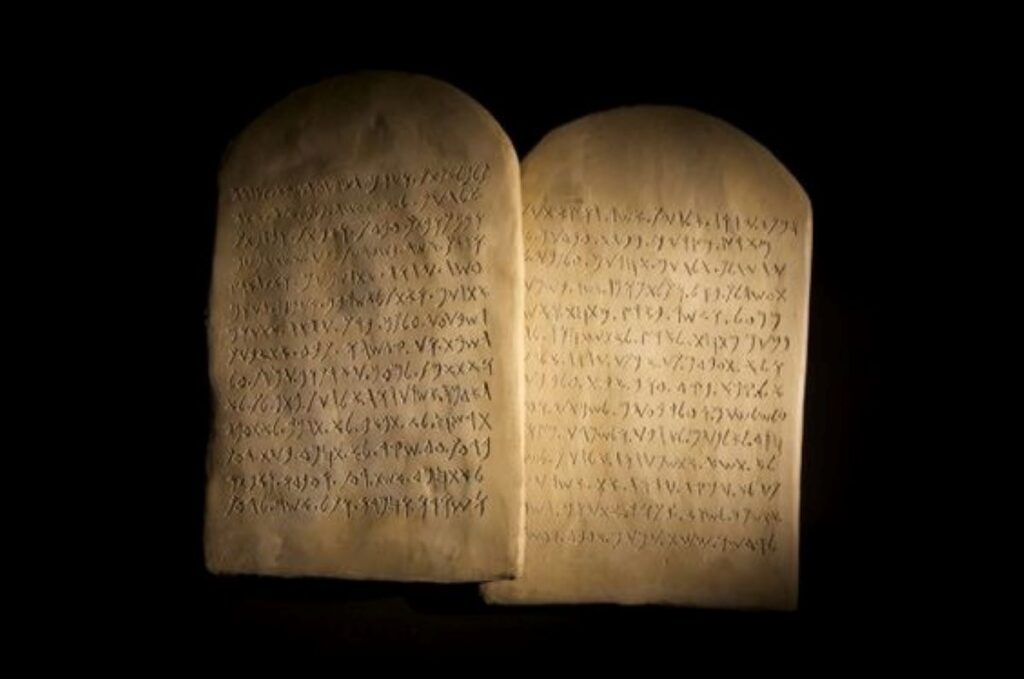
A new law was recently approved in Louisiana that would require all public schools to display a copy of the Ten Commandments in every classroom for all students to see, regardless of their religion.
This has caused civil liberty groups to join hands and file a lawsuit, attempting to prevent law enforcement and reverse it. They argue that it implies religious favoritism and violates the First Amendment of the United States Constitution.
When the Law Passed

The law, tagged HB 71, was passed earlier this month and immediately triggered the ire of the Louisiana ACLU. Not long after, they announced their intentions to take the matter to court in a press release. Their statement revealed that a couple of other civil liberty groups, including the Americans United for Separation of Church and State and the Freedom from Religion Foundation, will participate as plaintiffs in the lawsuit challenging the new law.
It Was No Empty Threat

The ACLU was not bluffing. On Tuesday, they confirmed the lawsuit had been filed and that the plaintiffs included “a multi-faith group of nine Louisiana families” with children in public schools. The statement revealed the families are represented by civil rights groups, with Simpson Thacher & Bartlett LLP serving as pro bono counsel.
ALSO READ: Supreme Court Rules in Favor of NRA in First Amendment Breach Case
What the Plaintiffs Had To Say

The plaintiffs are not happy with the law, and their disapproval was reflected in the statements the ACLU published in the case. Reverend Darcy Roake and Adrian Van Young, two of the plaintiffs, value religious inclusion and diversity. They said the HB 71 law represents the opposite of that—religious intolerance. They don’t want their kids to internalize this message.
How One Plaintiff Described the Law

Another plaintiff in the case is Reverend Jeff Simms, a Presbyterian pastor. He believes the law is sending a message to the kids, implying that one religion is superior to all others. The pastor tagged it “religious favoritism.”
Accusations Made by the Lawsuit

The lawsuit has accused Louisiana’s government of attempting to use the law to force religious beliefs on public school children without considering the consequences it might have on the students and their families. The lawsuit referenced a statement made by the law’s primary sponsor and author, Representative Dodie Horton, during the debate over the bill. According to Horton, the law simply wants to put God’s law out there for kids to see so they can know what God says is right and wrong.
More About HB 71
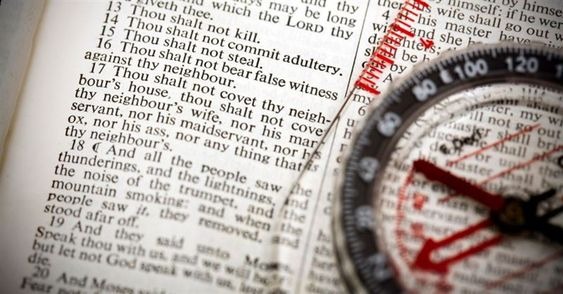
The controversial HB 71 became law on June 19 after the Louisiana Governor, Jeff Landry, officially signed the bill. It will start being enforced at the start of 2025, which means all education institutions receiving state funding must display the Ten Commandments in every classroom. That’s not all; the law also requires that the Ten Commandments be accompanied with text explaining their place in American history.
POLL—Should Public Schools Include Critical Race Theory and Sex Education in Their Curriculum?
What Supporters Are Saying

Those who support the law believe that the historical legal significance demonstrated by their display in classrooms supersedes the plaintiff’s claims of religious favoritism. Landry is also one of the supporters. He strongly believes the Ten Commandments are a historical document that needs to be displayed.
More Arguments Against the Law

The plaintiffs who want the law abolished have also argued that the Ten Commandments have many versions, but the HB 71 law only mandates one type. Plaintiff Reverend Jeff Sims believes this is the government intruding on “deeply personal matters of religion.”
Violation of Legal Precedence
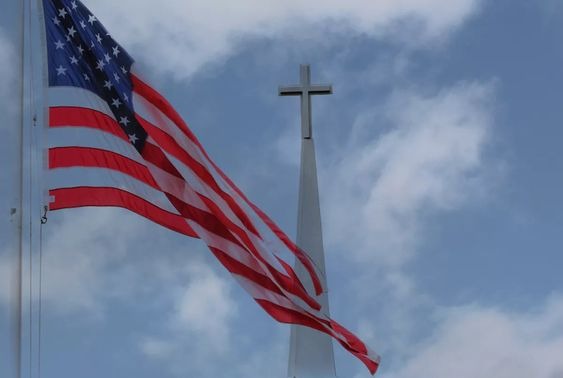
Those who oppose the law also argue that it violates a legal precedent in the US for the separation of church and state, as it leaves no space for independent thinking regarding religion. The executive director of the Louisiana ACLU, Alanah Odoms, has pointed out that the nation was founded on the separation of church and state, not the Ten Commandments.
Landry’s Resistance
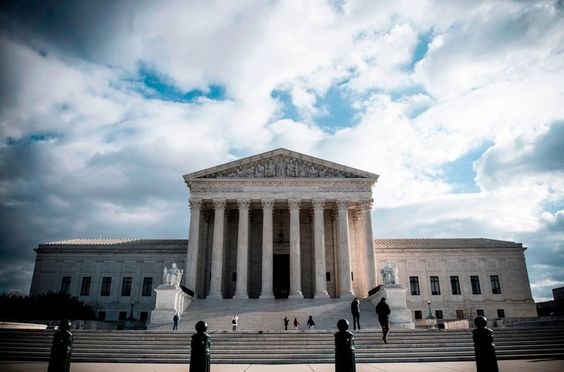
The Louisiana governor does not see all the fuss, nor does he agree that the law violates the separation of church and state. He mentioned how the Supreme Court has the Ten Commandments on its doors and how Moses faces the US Speaker of the House in the House chamber, pointing to them as proof of how serious the country takes religion. He even went as far as claiming most laws in the US are rooted in the Ten Commandments, which is why he can’t understand why there is so much resistance.
WATCH: Archaeologists Unearth Temple Challenging History of Christianity in the Roman Empire
The Attorney General’s Statement
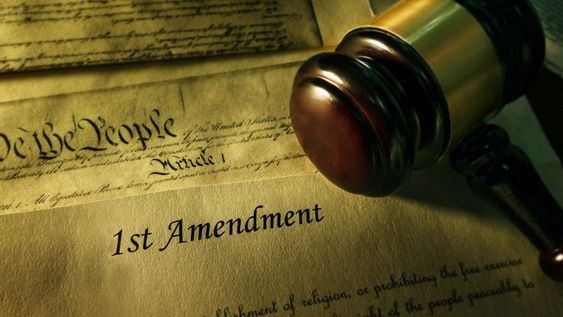
Louisiana’s Attorney General Elizabeth Murril refused to comment directly on the lawsuit, claiming she had yet to see it. However, she condemned the ACLU’s actions, pointing out how it only selectively cares about the First Amendment. She believes the civil rights group needs to keep this same energy when Biden’s administration censors speech or arrests pro-life protesters.
You Might Also Like:
Court Convicts Missing North Carolina Girl’s Stepfather for Failing to Report Child’s Disappearance
New Study Confirms Daily Marijuana Use Is More Common Than Alcohol in the US
8 Ways to Wear a Scarf This Summer
Top 5 Hair Mask Types We Should All Be Using According to Celebrity Stylists
Critics Mock Right-Wing Commentator Alex Jones as He Cries Over Sandy Hook Legal Bill

